When Artists Go to Work
I meant to show up today to do a blog-review/appreciation of Ada Limón’s 2011 collection of poems, Sharks in the River. It felt like appropriate reading for this week. (And, indeed, it is.) A woman of color, our national poet laureate.
The problem being, I can’t seem to pull a review together.
Time is not the issue. I am at a 4-day writing retreat on Hood Canal, staying in a cottage at the lip of a cove. Each day I wake early and watch the sun come up. I take at least two long walks during the day and see mergansers, grebes, buffleheads, harbor seals. We have a resident great blue heron, and a resident kingfisher. (When I walk, I think of it as going out to see my kingfisher, and he almost always is there, briefly holding still for me to admire him, then chittering across the water.) I feel awash in gratitude for the consolations of nature. I mess around with my writing, too (not really getting much done), and in the evenings I eat wonderful food and talk with like-minded friends — poets, all. For the most part, we are trying to take a break from politics. But sometimes a fragment slips in, like those intrusive thoughts one gets while meditating, and we gently push it away. Later.
(To take a look at the belted kingfisher, visit All About Birds at Cornell Lab of Ornithology.)
Meanwhile, this arrived via email from The Nation, the closing paragraph of a bid to subscribe. Which I may do when I’m feeling a little better. Anyway, it’s a paragraph I have shared with a number of friends, and I think you may need to hear it too.
The day is dark, the forces arrayed are tenacious, but as the late Nation editorial board member Toni Morrison wrote “No! This is precisely the time when artists go to work. There is no time for despair, no place for self-pity, no need for silence, no room for fear. We speak, we write, we do language. That is how civilizations heal.”
What an excellent and timely reminder.
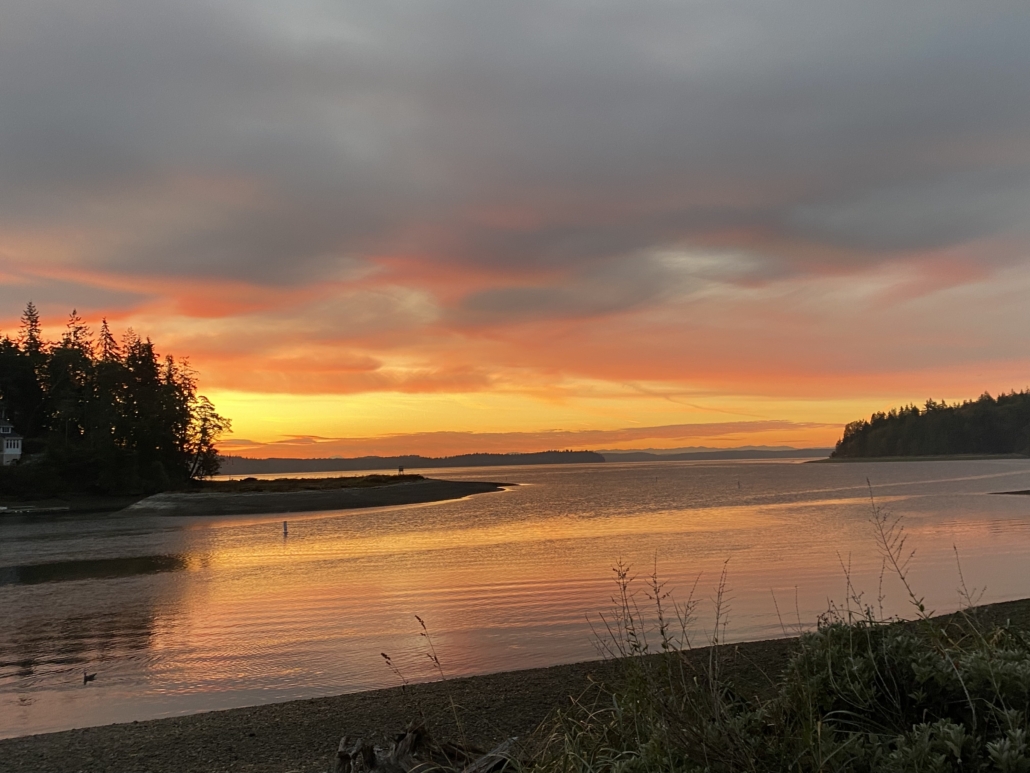
both photos by Bethany Reid

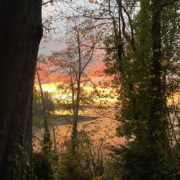

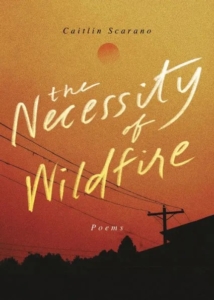 2022 winner of the Wren Poetry Prize, selected by Limón. The recording of the event, featuring both poets, is available
2022 winner of the Wren Poetry Prize, selected by Limón. The recording of the event, featuring both poets, is available 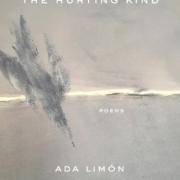
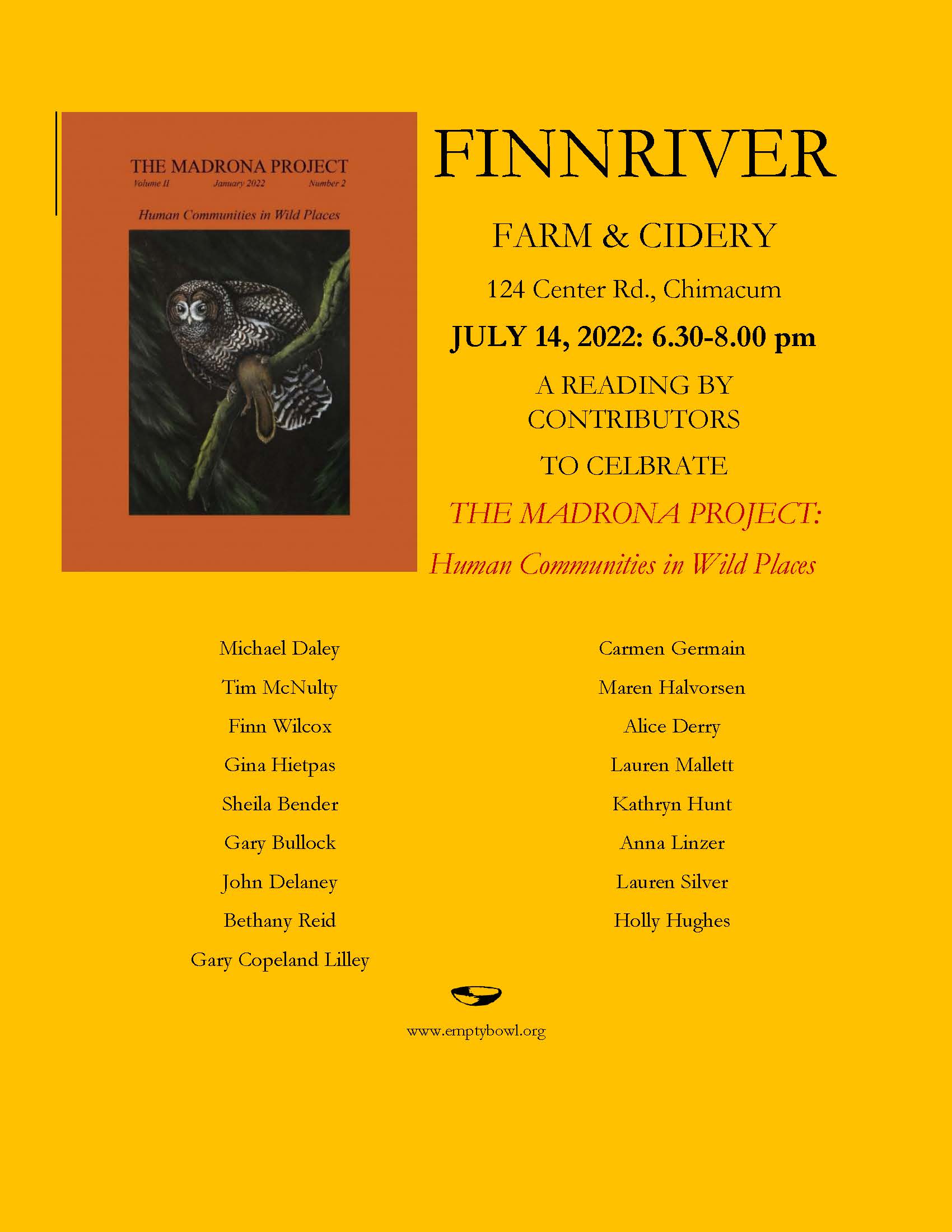
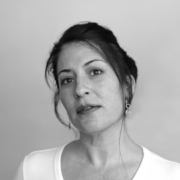
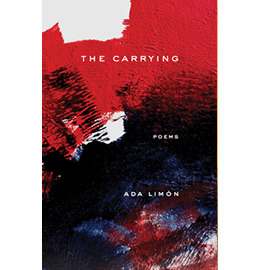 and yon over the entire poetry landscape, and I ended up buying a truckload of books. Among them,
and yon over the entire poetry landscape, and I ended up buying a truckload of books. Among them,